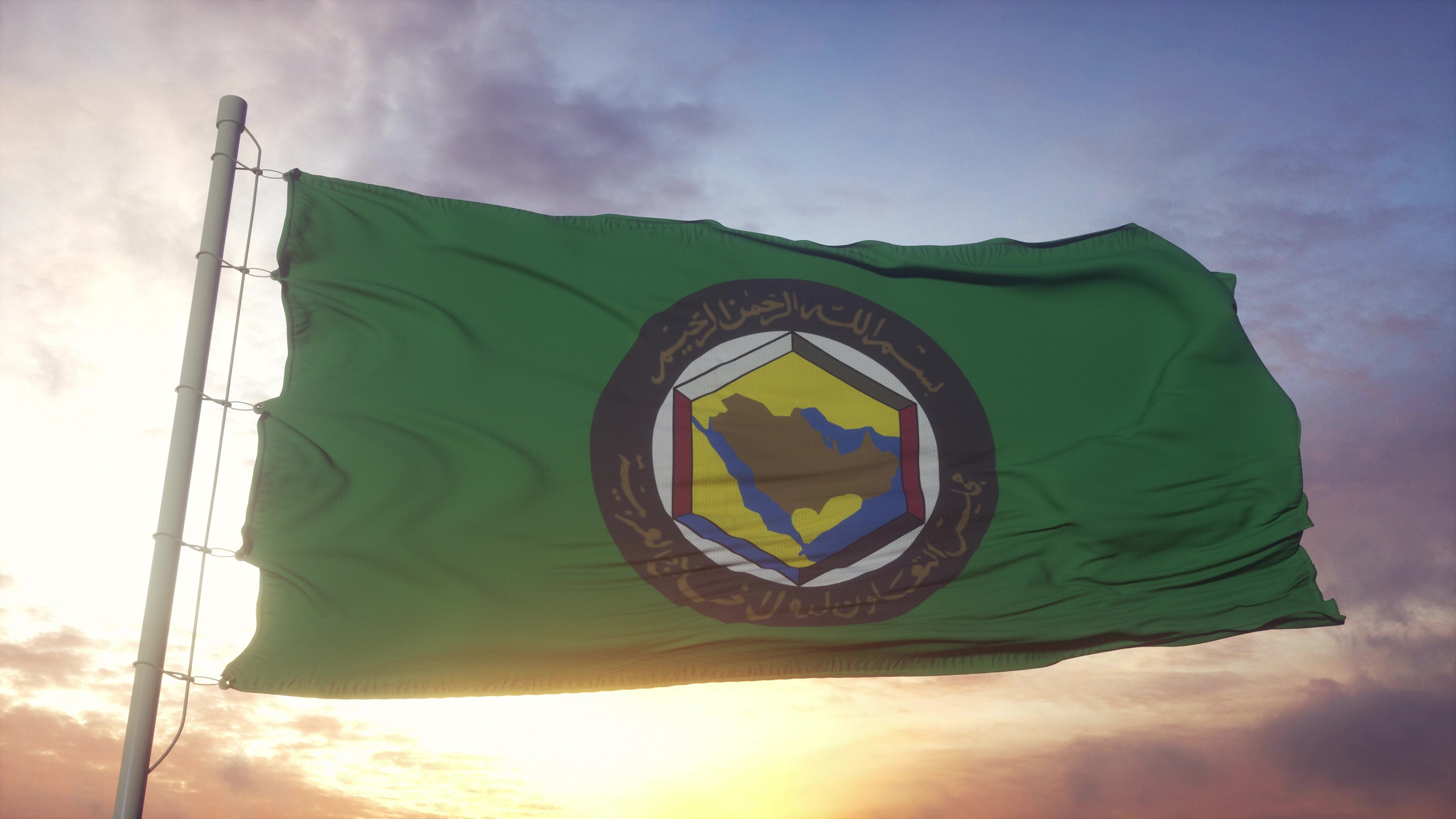The Gulf Isn’t Just Oil
Asharq Al-Awsat, London, December 18
The Gulf Isn’t Just Oil was the title of one of my books, which was published almost 50 years ago. It was a vision for the future and a call for Gulf countries to invest in its people to protect and ensure the future of an entire generation. Five decades later, many of my dreams and predictions have come true. Not all of them have been achieved, but many are on their way. The result of the 42nd meeting of the six-member Gulf Cooperation Council (GCC), held in Riyadh last week, is a living testament to the fact that the path towards the Gulf’s future has become clear, but it isn’t void of obstacles along the way. The most important thing charting the way forward is the economic agreements signed by Saudi Crown Prince Mohammed bin Salman with several Gulf countries, most of which provide investments in development projects and foster collaboration between the private and the public sectors. Another encouraging fact is a look at the budgets of GCC states, where the non-oil component is truly remarkable, especially when compared to the same budgets just a few years ago. There is an astonishing shift into investment in other economic activities, including manufacturing and services, as well as tourism. Granted, some Gulf countries still need to make urgent investments in training their workforce to remain economically competitive. But the crown prince’s groundwork provides for much-needed hope. The crown prince’s policy is preparing the Gulf for dramatic changes in the regional and global economy. Indeed, the political status of the Gulf is difficult to predict. Therefore, the goal is to unify GCC states’ vision on how to address their common threats. A look at the final statement issued at the conclusion of the summit reveals the GCC’s clear priorities: They must maintain close security coordination and take an active part in conversations and negotiations surrounding the Iranian nuclear deal. The statement also referred to economic partnerships and economic unity between GCC states, as well as domestic reforms related to women’s empowerment and their effective participation in the workforce. The statement also mentioned collaboration in the field of cybersecurity and digital infrastructure. Notably, while discussion of external challenges consumed a large part of the summit, member states also discussed internal threats and ways to ensure political stability at home. As social media platforms become weapons exploited by external actors to wreak havoc and create social and political instability, it has become more important than ever before for Gulf states to fight misinformation and fake news. GCC leaders also discussed ways to ensure the circulation of fact-checked information. It is my belief that while the past five decades saw major transformations in the Gulf region, the next five decades will usher in even more changes in this dynamic part of the Middle East. The GCC summit in Riyadh will be remembered as a pivotal milestone in this regard. Preserving and defending the successes and development of the Gulf region has become a goal for all GCC member states. –Mohammed Al-Rumaihi (translated by Asaf Zilberfarb)

